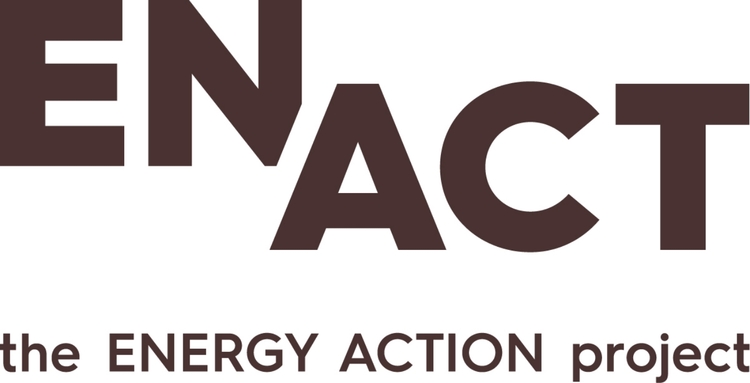Bucharest’s District 1 City Hall plans to renovate thousands of buildings to improve energy efficiency while also increasing renewable energy use by 20% and cutting CO2 emissions by 20%.
Low energy efficiency of Romanian buildings leaves those living in both apartments and single-family homes with excessively high energy bills and carbon dioxide (CO2) emissions to match.
Recognising that improved energy efficiency benefits both energy security and citizens’ pocketbooks, the District 1 City Hall of Bucharest has invested EUR 400 million to implement a programme of thermal ‘rehabilitation’ for apartment buildings. At the end of 2018, an impressive 850 apartment blocks had taken part; by 2020, all eligible buildings (an additional 180) will be renovated. Renovations can include insulation, improved joinery, double-glazed windows, and improved heating systems. The district’s goal is to reduce total energy use to less than 100 kilowatts hours per square meter per year (kWh/m2/yr).
Bucharest is not populated only by apartment-dwellers, however! In response to many residents of single-family homes also expressing interest in the programme, District 1 City Hall approved an appropriate strategy. In this case, each individual house will require a personalised plan – requiring substantially different resources. To start, the city has launched a pilot phase designed to identify how to set and achieve energy performance indicators, and to develop standard solutions that could be implemented widely. From a pool of 2 100 applications, the pilot project will select 35 to 50 houses that will ensure representation of different housing types, areas of the city and building ages.
Once the pilot project is complete, District 1 City Hall hopes to extend the project to all eligible houses in the 1st district, roughly 18 000 to 20 000 homes. They estimate completion of the project would result in a 35% to 40% decrease in household electricity bill and lower CO2 emissions across the area while also reducing marginalisation and energy poverty in the community.
During the mentoring phase of the Social Innovation to Tackle Energy Poverty programme, District 1 City Hall would like to receive input from urban planners as well as energy and legal experts. They would also like to gain knowledge of civil building design, structural renovations, project management and marketing.
District 1 City Hall is one of 15 finalists in the 2019 Social Innovation to Tackle Energy Poverty Initiative, launched by the Schneider Electric Foundation, Enel, and the Ashoka Foundations of Bulgaria, the Czech Republic, Hungary, Poland and Romania.

